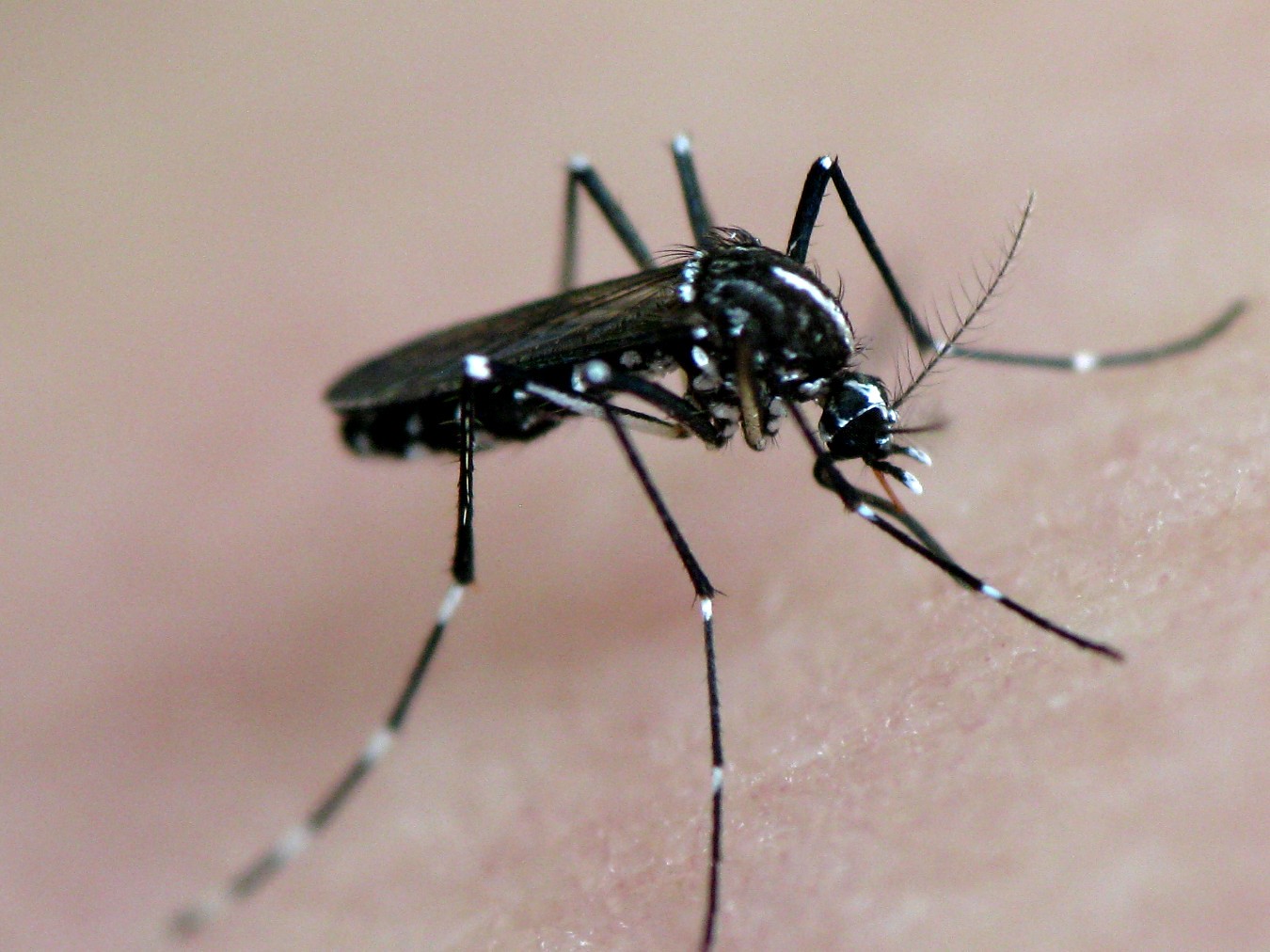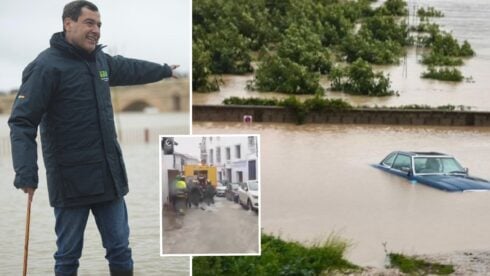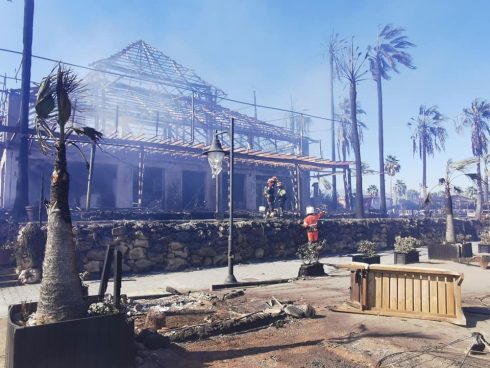THE West Nile virus outbreak has now spread to several areas of Sevilla, including the capital.
A total of 49 people have now been infected, with 14 remaining in hospital, four of whom remain in intensive care.
The outbreak in Sevilla claimed its third life on Friday when a 70-year-old man lost his battle in the ICU at the Virgen del Rocio University Hospital.
The two previous deaths were an 85-year-old woman and a 77-year-old man.
The virus has now infected people across 12 municipalities within Sevilla province.
It was first detected in Coria and La Puebla del Rio, two towns located next to marshlands along the Guadalquivir river.
The other affected municipalities are Bormujos, Almensilla, Camas, Mairena del Aljarafe, Gelves, Dos Hermanas, Los Palacios, Sevilla, Las Cabezas and Lebrija.
Meanwhile, the mosquito-borne disease has also been detected in horses in both Huelva and Cadiz.
The virus was first detected in the animals in Gibraleon (Huelva) and Jerez de la Frontera (Cadiz) on August 10.
A further 19 cases have recently been detected in areas including Dos Hermanas in Sevilla and San Bartolome de la Torre in Huelva, according to the regional agricultural ministry.
The early detection of the disease in horses permits the appropriate veterinary treatment to be applied and also alerts the Junta’s Directorate General of Public Health to be vigilant for the detection of any confirmed cases in humans.
Horse vaccines against the disease are frequently applied by veterinarians in those territories with a history of the virus.
Horses however do not transmit the decease to other animals and only 10% of infected equines develop symptoms and only 1% die as a result.
According to the World Health Organization (WHO), only 20% of those infected with the virus develop symptoms.
Severe cases can lead to encephalitis or meningitis, which in turn can result in brain damage and death.
Click here to read more Spain News from The Olive Press.








